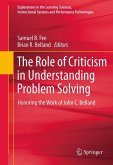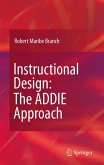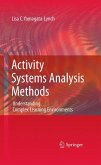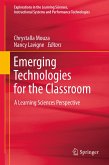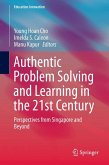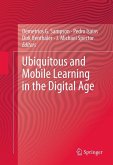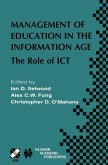Multiple Perspectives on Problem-Solving and Learning in the Digital Age Dirk Ifenthaler, Kinshuk, Pedro Isaias, Demetrios G. Sampson, J. Michael Spector, editors Have computers made problem-solving easier? The answer is a resounding yes and no: while we can access more information and increasingly sophisticated search engines, problems themselves are more complicated, and often more vague. Accordingly, new strategies for teaching problem-solving should be technologically astute, engage learners, and encourage progressive development of skills. The perspectives represented in Multiple Perspectives on Problem-Solving and Learning in the Digital Age include instructional design, cognition, assessment, schooling/teaching, and virtual environments, with emphasis on technologies that not only promote problem-solving, but also address new problems created by rapidly changing technology. Innovative new tools such as MAPLET (a learner-focused framework for integrating technology into curricula), the virtual learning environment ViCaDiS, and interactive online museum exhibits demonstrate the complex nature of problem-solving and the diverse ways in which learners-and instructors-achieve expertise. A sampling of the topics covered: .Pedagogical usability issues in Web-based learning objects. .Collaborative cognitive tools for shared representation. .Automated measurement of critical thinking for discussion forum participants. .Expanding global awareness with virtual collaboration. .Simulation games as learning experience. .Beyond teaching and learning: the human development paradigm. Multiple Perspectives on Problem-Solving and Learning in the Digital Age re-draws the boundaries of curriculum design and distributed knowledge. This volume will be a welcome addition to education libraries, and a forward-looking reference for academics and professionals in the field of technology integration in learning and instruction.
Dieser Download kann aus rechtlichen Gründen nur mit Rechnungsadresse in A, B, BG, CY, CZ, D, DK, EW, E, FIN, F, GR, HR, H, IRL, I, LT, L, LR, M, NL, PL, P, R, S, SLO, SK ausgeliefert werden.



